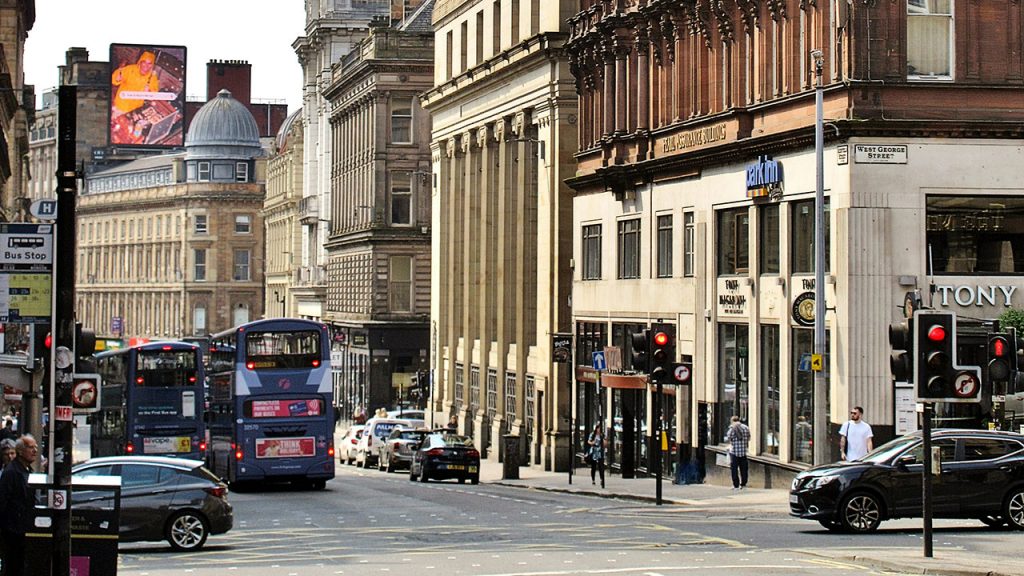
What causes air pollution?
Air pollution emissions come from a wide range of human activities and natural sources.
Gases are emitted from fossil fuel burning. Nitrogen dioxide is an example of a harmful gas. In the UK the largest sources of nitrogen dioxide are from vehicle exhausts and household gas combustion.
Chemicals come from vehicle exhausts, evaporation from petrol stations, paint and chemical plants, solid fuel burning, cleaning and personal care products. One common type of harmful chemicals are called volatile organic compounds, or VOCs. They are sometimes released naturally from plants and trees, but also come from day-to-day chemical products. These chemicals can be very long lived and transported across continents.
Small particles come from vehicle exhausts, brakes and tyres, wildfires, farming practices and wood burning in homes. Particles less than 10 micrometers are called PM10, and even smaller particles are known as PM2.5. These particles are too small to see – they’re less than the width of a human hair – but they can be inhaled deep into our lungs.
How does weather affect air pollution?
Weather plays a big part in controlling air pollution.
Strong winds and rain can help disperse pollution, and the direction of the wind determines where polluted air moves away from its source. It takes around five days for air pollution to reach the UK from the USA, and about one or two days for pollution to move from the UK across to Europe.
Very low wind speeds and stable weather can allow pollution to build up near the surface and lead to poor air quality. Warm sunny weather can generate additional pollution through reactions in the atmosphere that lead to ‘photochemical smog’.
How does climate change affect air pollution?
Climate change affects the weather that we experience, and as a result, can lead to different levels of air pollution.
Climate change makes experiencing extreme weather more likely. A higher frequency of strong winds and heavy rain events might potentially improve the quality of the air, as pollution gets dispersed more effectively.
With climate change, longer spells of warm weather and rising average global temperatures could lead to increases in air pollution from sunshine-induced chemical reactions and emissions from wildfires.
How does air pollution affect climate change?
Air pollutants such as nitrogen oxides and volatile organic compounds can lead to the formation of aerosols. Aerosols are small solid particles or liquid droplets in the air, which scatter the sun’s rays and help form clouds that have a cooling effect on the climate.
